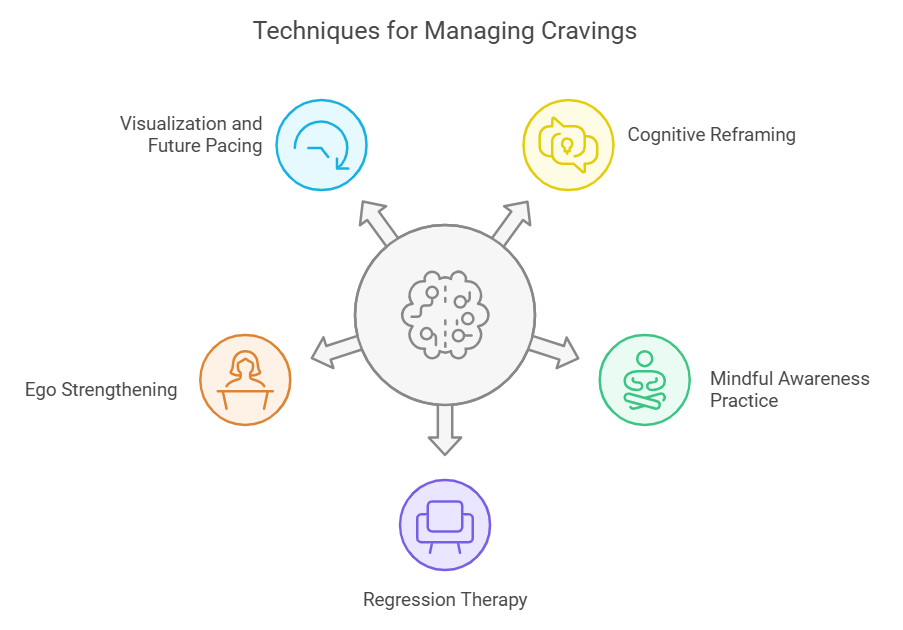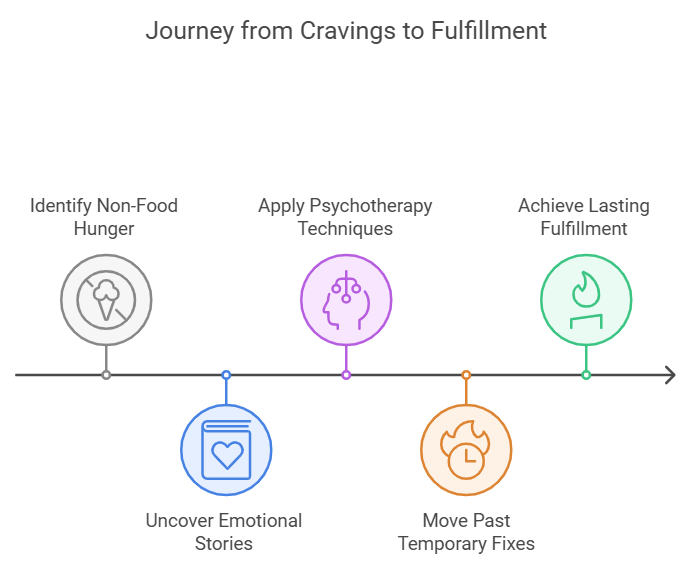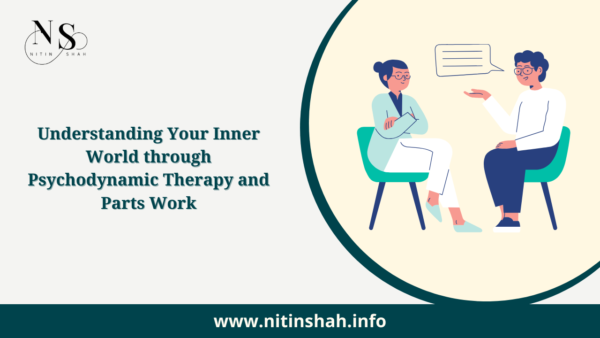Introduction: The Silent Whisper of Unfulfilled Needs
Imagine a craving that creeps upon you quietly, almost a whisper, nudging you towards the cookie jar or the late-night snack drawer. This isn’t the familiar rumble of hunger that seeks sustenance; these are cravings laced with emotion, yearning for something more profound than mere taste. They hit hardest when you’re stress-laden or feeling low, transforming food into a comfort rather than a nutritional need. It’s a common battle, yet often misunderstood and mislabeled as a lack of self-control.
But what if these cravings are merely signals, a language your body uses to communicate deeper, unaddressed issues? What if hunger isn’t really about food at all?
Uncovering the Root Causes of Cravings
The Emotional Hunger Paradigm
Beyond the biological hunger that prompts us to eat for energy, there lies another type of hunger – emotional hunger. When we experience emotional hunger, our body is essentially crying out for something else — connection, comfort, or a void to be filled. These cravings often lead to patterns of emotional eating, which are seldom resolved by the food itself.
The Cravings Conundrum: When Comfort Becomes Habit
These repeated episodes of emotional eating may offer temporary relief but often lead to a cycle of negative self-talk and further emotional distress. The craving for comfort through food becomes a well-worn path, a habit hard to break without understanding its origin.
The Power of Cognitive Hypnotic Psychotherapy
Engaging the Subconscious with Cognitive Hypnotic Techniques
Cognitive hypnotic psychotherapy presents a powerful modality for uncovering and addressing the emotional triggers behind cravings. By blending cognitive-behavioral therapy with hypnosis, individuals can access their subconscious mind, revealing the underlying thought patterns and beliefs that influence eating behaviors.
Specific Techniques and Their Benefits
- Cognitive Reframing: This technique involves identifying and replacing negative thought patterns with more positive, supportive ones. It can help rewrite the narrative that ties food to emotional comfort, enabling healthier coping strategies.
- Mindful Awareness Practice (MAP): MAP trains individuals to be present during the experience of craving, observing without judgment. By becoming more aware, individuals can discern between emotional hunger and physical hunger, giving them more control over their responses.
- Regression Therapy: Sometimes cravings stem from past experiences or unresolved events. Regression therapy can help individuals revisit these memories in a safe, hypnotic state, finding closure and reducing the emotional impact on current eating behaviors.
- Ego Strengthening: This technique bolsters the individual’s self-esteem and resilience, empowering them to overcome cravings with a stronger sense of self, reducing the reliance on food for emotional support.
- Visualization and Future Pacing: By visualizing a healthier self and ‘future pacing’ – projecting into a future where one responds differently to emotional triggers – individuals can create a mental pathway to positive change.

Implementing Techniques for Lasting Change
Building New Bridges Over Old Pathways
Each of these techniques serves to build new mental bridges, offering alternative paths to the ones that lead to the refrigerator at moments of emotional need. Through practice, individuals learn to turn away from instinctive food cravings and towards more supportive behaviors that address their emotional hunger constructively.
The Transformational Journey
Navigating from craving to understanding, and from understanding to healing, isn’t just a step towards better eating habits; it’s a transformational journey into self-awareness and growth. Cognitive hypnotic psychotherapy is a trusted companion on this journey, illuminating the hidden corners where cravings lurk and setting the stage for sustainable, profound change.
Conclusion: Beyond the Craving Lies Clarity
When hunger isn’t about food, the search for satiety must go beyond the plate. It’s about uncovering the emotional tales woven into our cravings, listening to their stories, and rewriting the endings. Through the skilled application of cognitive hypnotic psychotherapy techniques, we can move past temporary fixes and toward lasting fulfillment.
No longer are you at the mercy of these silent whispers; with understanding and the right tools, you can find a voice to answer them, one that speaks with the wisdom of self-knowledge and the strength of transformation.





